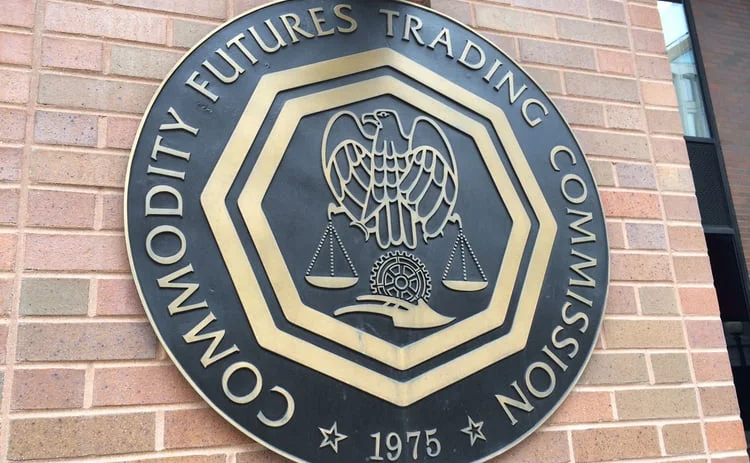The U.S. Commodity Futures Trading Commission (CFTC) has issued a staff advisory to derivatives clearing organizations (DCOs) regarding the potential risks associated with digital assets.

The move highlights an increased focus on the emerging crypto market and calls for proactive risk management.
The advisory was prompted by DCOs’ growing interest in providing clearing services for digital assets such as Bitcoin and Ether. The DCR urges them to actively identify and mitigate any new, evolving, or unique risks such involvement may bring.
The CFTC’s Division of Clearing and Risk (DCR) emphasized the importance of proactive risk management and compliance with the core principles and regulations applicable to DCOs.
The advisory highlighted three key areas of concern: system safeguards, conflicts of interest, and physical delivery.
CFTC’s System Safeguards
The CFTC’s advisory points to three primary areas of concern: system safeguards, conflicts of interest, and physical deliveries.
Given the increased cyber and operational risks tied to digital assets, the CFTC stressed the importance of robust system safeguards against potential threats.
The advisory also highlighted potential conflicts of interest arising from dependencies on affiliated entities or services within the DCOs. It also addressed the concept of “physical delivery” in relation to digital assets.
The CFTC emphasized the criticality of secure and reliable processes for transferring digital assets between accounts or wallets, in line with the U.S. Securities and Exchange Commission’s plans to propose a new rule to regulate custodial services offered by crypto firms, a move facing criticism from the crypto sector.
Industry reaction
Commissioner Kristin Johnson advocated for the CFTC to elevate the advisory into a formal rulemaking effort in response to the advisory.
Johnson underscored the need for stringent regulatory standards for crypto-commodity derivatives clearing models. She expressed concern that these models could evade robust regulatory oversight without parallel regulation.
The advisory from the CFTC has garnered the attention of industry participants and experts.
Alexander Grieve, vice president of communications firm Tiger Hill Partners, noted that Bitnomial, a derivatives clearing organization authorized by the CFTC in 2020, has a pending application with the CFTC to expand its clearing services to include ether futures and options.
Additionally, LedgerX, a CFTC-regulated clearinghouse that offers bitcoin and ether options, was recently acquired by MIAX from FTX, subjecting it to the regulator’s guidelines.
It’s pertinent to note that regulators often issue public warnings about specific activities before subsequent regulatory actions or sanctions within that sector.
The CFTC has been active in enforcement actions against crypto companies in recent months, including a notable action against Binance’s global operations.
As the CFTC intensifies its focus on the risks associated with digital assets and clearing activities, market participants will need to adjust to the altering regulatory landscape.
This call for stricter regulations in the crypto space highlights the growing need to establish comprehensive customer protections and ensure the integrity of decentralized crypto markets.
The industry eagerly awaits further developments as the CFTC contemplates its next steps in formal rulemaking to address the unique challenges digital assets pose.
